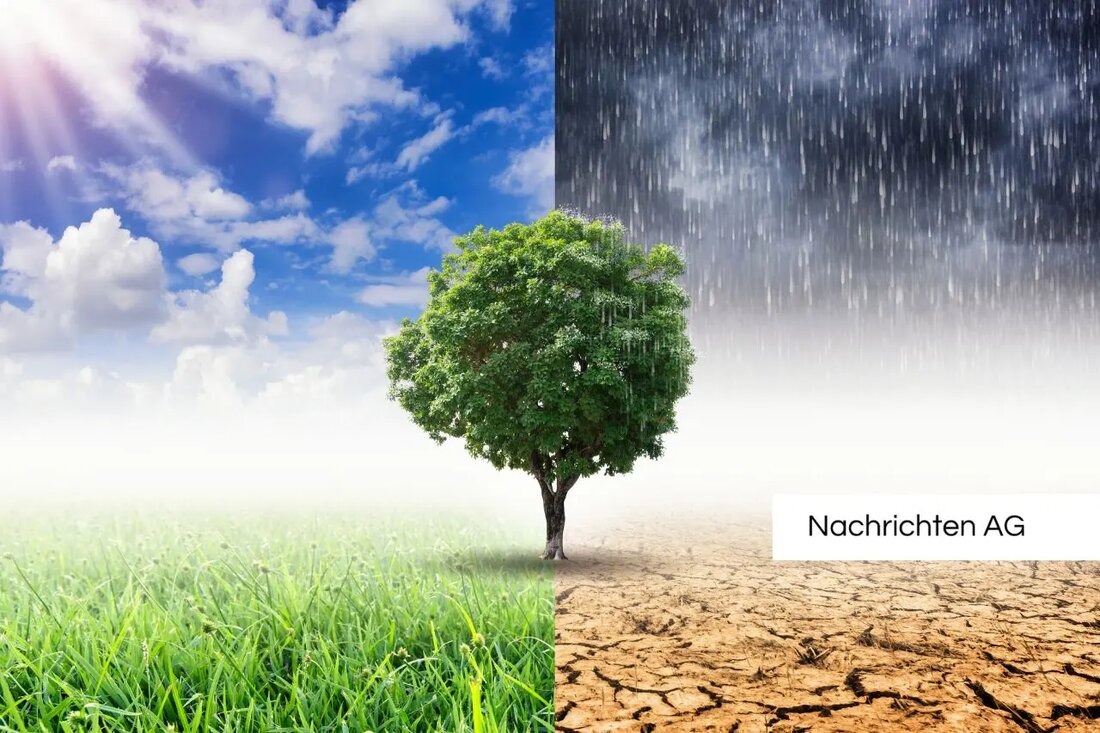Peasant departure: This is how Darmstadt's Silas Müller fights against climate change!
Peasant departure: This is how Darmstadt's Silas Müller fights against climate change!
climate change has profound effects on agriculture in Germany. Silas Müller, a farmer from Darmstadt, is devoted to both the challenges and the opportunities that result from these changes. Around 2,600 farms disappear in Germany every year, which underlines the urgency of sustainable agriculture. Müller has founded the solidarity agricultural cooperative "Die Cooperative" in Frankfurt and is now operating the innovative "Pawpaw-Ranch" in Darmstadt-Eberstadt, where he is taking new ways to grow food.
A central concern of Müller is the development of regional, reliable and sustainable agriculture. He criticizes the transport of food over long distances, which is not only harmful to the environment, but also not sustainable. On his Pawpaw-Ranch, he started growing exotic fruits such as kiwiberes, Khakis and Pawpaws that grow in a landscape protection area. These fruits are not transportable and must be consumed immediately after harvesting, which Müller sees as an advantage for regional marketing.
innovative cultivation methods
Müller has been experimenting with Agroforsten since 2023, which consist of heat -tolerant plants and develops strategies for water storage during heavy rain events. He manages a 3.5 hectare plot of land, on which he created various fruit trees and vegetable gardens to create a cheap microclimate. Last summer he was able to harvest a handful of Pawpaw and a dozen Khakis.
To finance his projects, Müller sells 115 shares in solidarity agriculture and rents 50 mini gardens for own cultivation. These mini gardens are 5 to 6 meters tall and cost 195 euros, including plants and garden tools. This initiative enables city residents to actively participate in the cultivation of their food and promote awareness of sustainable practices.
The role of agriculture in climate protection
Agriculture has a significant impact on global greenhouse gas emissions, which are estimated to be 10 to 40 percent. In Germany, the emissions from agriculture make up about 7 percent of the total share, which classifies the sector in the 5th place under the economic sectors. As part of the Paris climate protection agreement, 38 percent of greenhouse gas emissions will be saved by 2030, whereby agriculture must contribute 15 percent in the next 15 years.
In order to achieve these goals, emissions from cattle husbandry (methane) and the denitrification of the soil (laughing gas) must be addressed. However, these emissions are more difficult to control than CO2 emissions from combustion engines. It is important that the measures to reduce emission do not affect the productivity of agriculture to ensure sufficient food supply.
The approaches of Silas Müller on the Pawpaw-Ranch are an example of what innovative and sustainable agriculture can look like. His work shows that climate solutions and agricultural productivity can go hand in hand. With every planted tree and a rented mini garden, it contributes to a sustainable agriculture that has grown to the challenges of climate change.
FR.DE reports that ...
Agrarheute.com informs about ...
| Details | |
|---|---|
| Quellen | |


Kommentare (0)